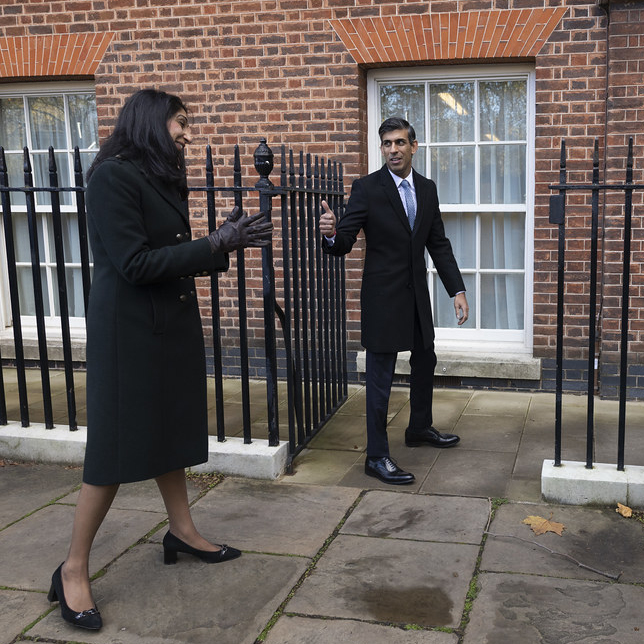One of the core tenets of media freedom is the ability to speak truth to power, to hold decisionmakers and political leaders to account. At Index we see every day what happens in countries where media freedoms are curtailed, where journalists are arrested or threatened for doing their jobs, where there is no such thing as a free press. We were founded to ensure that there would always be a platform to publish the stories of those people who cannot be heard in their own countries – media freedom is therefore one of the core principles which Index defends every day.
In my opinion the way in which journalists are treated is a health-check on the state of a government’s commitment to human rights. On whether they are upholding the democratic values that we all hold so dear. Whether that’s at a local or national level.
In the last decade the importance of news coverage has been made clear every day. In the UK, since 2014, we have had two referendums, three general elections, five Prime Ministers, a pandemic and a recession. We have never needed engaged journalists more – nor politicians to be accessible. Historically this was never an issue, politicians tend to like featuring in the media (and I say that as someone who was elected) and journalists are usually happy to oblige. A mainstay of British political engagement is the traditional morning media round – designed to set the news agenda for the day. Every day Government Ministers speak on the morning TV and radio news programmes – not just to announce new initiatives but to respond to the news of the day. I don’t doubt for a second that this is challenging and at times pretty uncomfortable for the politicians – but it is how we daily ensure that our politicians are accountable to their constituents.
However in recent days the British government has changed tack. The new Prime MInister, the Rt Hon Rishi Sunak MP, has decreed that the morning media round will no longer be a daily occurrence. Ministers will not appear on news outlets unless they have something to announce, or if there is something the government wants to discuss. Journalists will struggle to speak truth to power if the power isn’t showing up. This is not the action of a government that is prepared to be held to account on the issues that matter to the people they seek to represent.
Where countries claim a democratic tradition, each has a cultural difference. They have a different feel and a different tradition. It is difficult to judge one against another. Journalists adhere to both their career and cultural norms and for some that may not be a daily interrogation of their government, but in the UK it has been for as long as I can remember. This is a bad decision by the new PM, a decision that I think he will regret and one that will be quietly dropped. We all deserve to know what our government is doing and in the UK – we are dependent on our journalists to find out. This is why we defend journalists both at home and abroad, because media freedom is a core tenet of our democracy.






